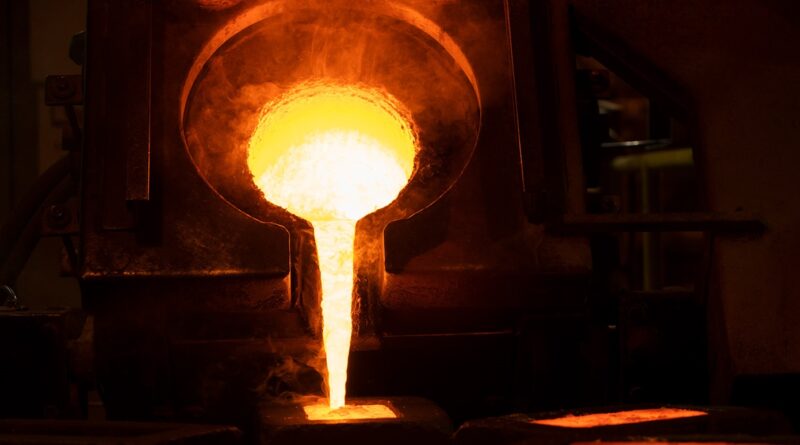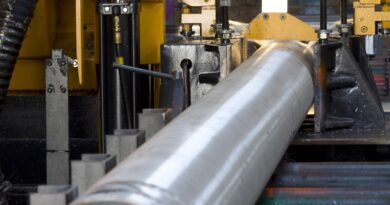Harmony Gold: Higher production costs, higher impairment loss
Johannesburg – Harmony Gold Mining Company has advised that basic earnings for FY22 will be lower than for the year ended 30 June 2021 (“the previous comparable period” or “FY21”) primarily due to:
- A non-recurring gain on bargain purchase of R303 million (US$18 million) in FY21, which was due to the acquisition of the assets and liabilities of Mponeng operations and related assets;
- a decreased gross profit as a result of higher production costs, as well as a higher impairment loss that has been recognised on property, plant and equipment and goodwill;
- a translation loss on the US$ denominated debt at 30 June 2022, compared to a gain at 30 June 2021; and
- a lower derivative gain recorded in FY22 compared to FY21.
The loss incurred in the current financial period was partially offset by the movement in the taxation expense from an expense in FY21 to a credit in FY22, due to a decline in taxable income, a decrease in the deferred tax rates and the impact of impairments recognised.
Production costs increased mainly due to the inclusion of Mponeng and its related assets’ operating costs for a full year compared to nine months in FY21. Inflationary increases also affected various facets such as labour, consumables and electricity costs. Overall, all-in sustaining cost for the group was marginally higher than the guidance range for FY22 of R805 000/kg to R835 000/kg.
Peter Steenkamp, chief executive officer of Harmony, provides the following context: “As we continue to grow and diversify production, capital expenditure must remain disciplined, focused and affordable. We continue to optimise our existing operations and asset mix, reallocating capital towards those projects and operations that will deliver the highest possible returns, while lowering the overall risk profile of Harmony. Not only will we prioritise investment in our high-grade assets, we will achieve a more balanced production split and ensure all of our mines are safe and profitable.”
“We have therefore taken the tough decision to restructure Tshepong Operations. Going forward, Tshepong Operations will be reported on separately as Tshepong North and Tshepong South. The Tshepong North sub-75 project has therefore been suspended and the life-of-mine reduced from 19 years to seven years. This restructure will create a smaller but immediately profitable operation going forward. The capital which was earmarked for Tshepong North will be reallocated to projects delivering higher returns such as the Zaaiplaats project and the Kareerand tailings expansion in the Vaal River region. This was not an easy decision but it was necessary to ensure we continue to mine sustainably and profitably”, Steenkamp concluded.




